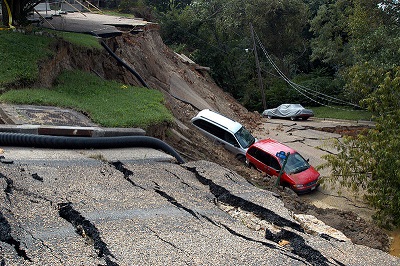Senior citizens who use these devices regularly can delay what could otherwise be cognitive decline.
Among the greatest fears that people face when it comes to aging is that their mental abilities will decline, but if the findings of a recent study are true, then it could be that the regular use of PCs and mobile technology could help to slow that process in a highly meaningful way.
Cognitive and mental decline were found to have been delayed in users of smartphones and computers.
The study was published in the respected medical journal, Intelligence, in which it was described that the use of computers and mobile technology could help to explain why today’s seniors seem to be four to eight years younger (on a cognitive level) than people of the same age a decade ago. The study showed that the positive impact of these computing devices held up, even when controlling for certain factors such as health, gender, and education.
The mobile technology study was conducted on participants in the U.K. and Germany who were 50 years and older.
 There were about 2,000 participants in the study who were tested back in 2006. Then another group of 3,000 were tested in 2012. The conclusions were drawn by Valeria Bordone and her team at the International Institute for Applied Systems analysis.
There were about 2,000 participants in the study who were tested back in 2006. Then another group of 3,000 were tested in 2012. The conclusions were drawn by Valeria Bordone and her team at the International Institute for Applied Systems analysis.
According to Bordone, “We know that IQ (intelligence quotient) has been increasing for many decades.” The trend of continual increases in IQ is known as the Flynn effect, and it has been observed since the 1930s. The way in which it has been explained is that throughout this period of time, there has been a worldwide improvement to access to nutrition, healthcare, and education for the population as a whole. Despite the fact that these improvements have been subtle from one year to the next, they have given people the ability to access more mentally stimulating activities and to better their cognitive abilities. The outcome has been higher IQ test scores.
That said, Bordone explained that IQ is considered to be a very limited way of measuring cognitive skills, so this study involved a broader range of testing, to achieve greater accuracy. The link between the use of computers and mobile technology and the slowing in cognitive decline among seniors was shown by correlation in Bordone’s study, as opposed to being directly demonstrated.

 The machine calculates the risk based on overall statistics of the amount of rainfall, the types of soil, and the length of time that the rain has been falling. The GSB entered into this partnership in order to be able to create a system of alert and prevention in response to the 2007 landslide in Chittagong, which killed 127 people.
The machine calculates the risk based on overall statistics of the amount of rainfall, the types of soil, and the length of time that the rain has been falling. The GSB entered into this partnership in order to be able to create a system of alert and prevention in response to the 2007 landslide in Chittagong, which killed 127 people.